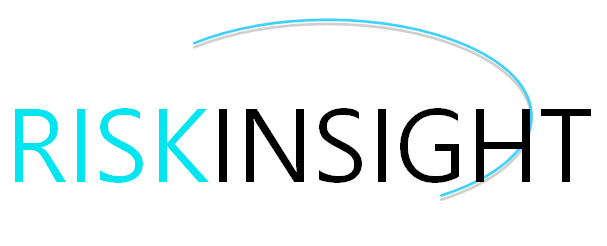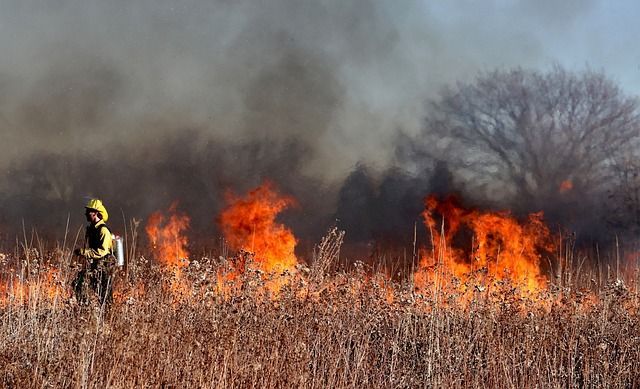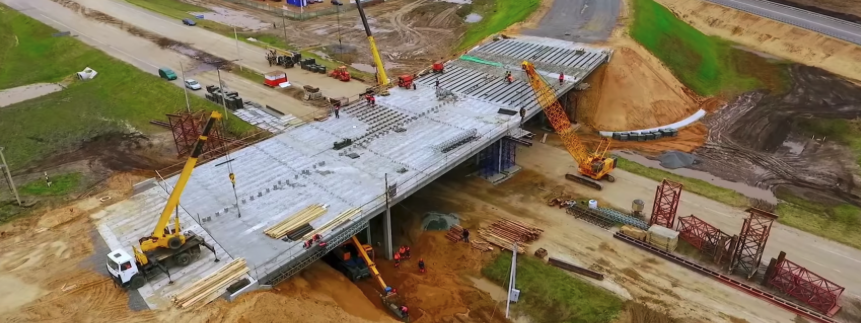Running a hackathon in Hong Kong
florian.glinserer • November 22, 2019
Another hackathon event proves popular...
I had the honour of hosting a hackathon event in Hong Kong in November 2019. We had a great group of participants from a range of organisations in different industries.
Our focus in this hackathon was on how to use risk management to achieve purposeful and long-lasting change, in this case focusing in particular on embedding sustainability into how we work.
The group came up with some terrific ideas and proposals, which I hope will prove valuable as they continue to help their organisations to achieve their objectives.
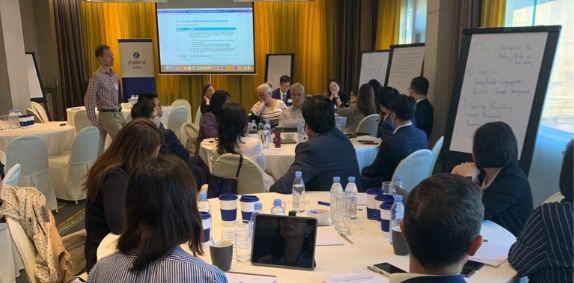
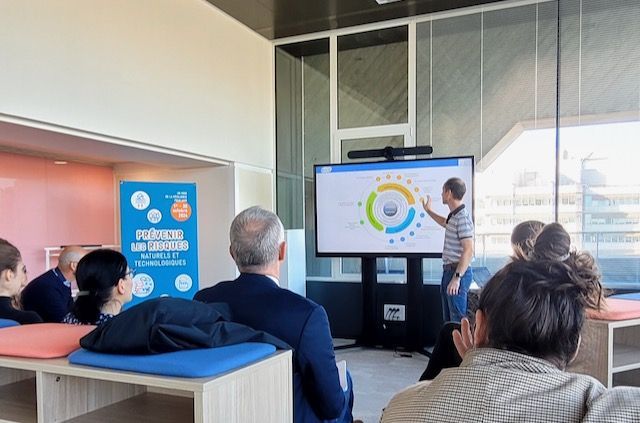
I was delighted to be invited by the Municipality of Bordeaux in France to take part in their resilience month ( le mois de la résilience ) in mid-October 2024 - just as I did the previous year, in October 2023. We held very interesting in-person discussions about how my Urban 2.0 framework and system can be used by cities and towns around the world, and also the release of the UNDRR Global Assessment Report, Special Report 2024 , which I was delighted to contribute towards. The municipality of Bordeaux is continuing to pursue some excellent work in urban resilience, which I will be profiling in due course...

Almost half of Small Island Developing States' (SIDS) populations reside in urban areas. Research into urban resilience and urban planning tends to focus on cities in large nations, and only a relatively small amount of specific research on SIDS cities currently exists. However, much of the general urban resilience research is applicable to SIDS, as long as context is considered. This paper focuses on ways to implement measures that will foster resilient and dynamic cities in SIDS. Ensuring good policy action to build, maintain and continuously improve these cities is key to achieving sustainable development and resilient prosperity as set out in the Outcome Document of the Fourth International Conference for Small Island Developing States (SIDS4). Download the paper here .
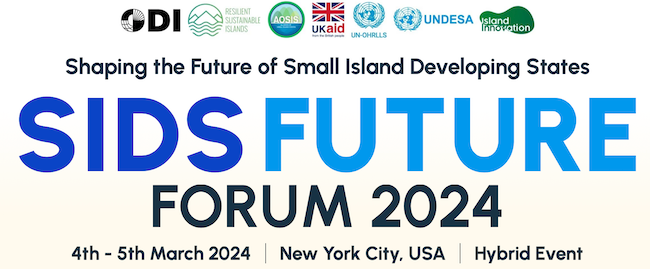
I am delighted to be one of the presenters at the SIDS Future Forum (with a focus on how to build resilient and dynamic cities on small islands). With growing challenges like climate change, debt burdens, and dwindling resources, they desperately need an actionable, doable, and ambitious roadmap for the next decade. 2024 is an important year for SIDS, with the SIDS4 conference taking place in May. You can access details about the Forum on the Island Innovation website, here .
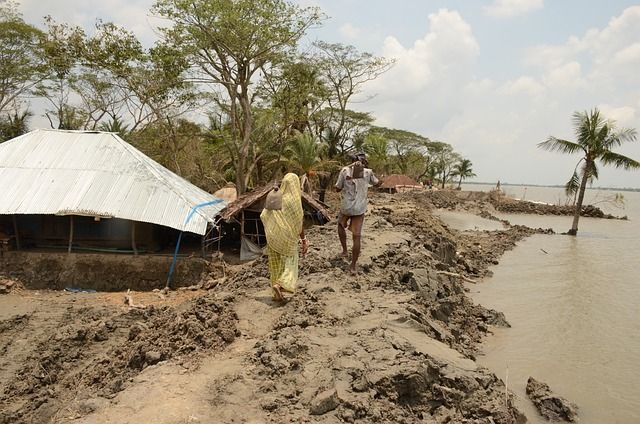
I am delighted to announce that a new Newsletter has commenced - the Disasters Avoided Newsletter. You can read edition #1 here . This first edition is an introduction to our work, containing a summary of some of the work we are undertaking, links to case studies and interviews with people about different aspects of avoiding disasters.

I am delighted to announce the launch of a new website, disastersavoided.com. In this website, myself and my colleagues Ilan Kelman and Ana Prados are compiling case studies to describe how disasters have been, are being and need to be avoided through a symphony of action. We are also adding supporting information in the shape of interviews, papers, articles and links to Newsletter editions...
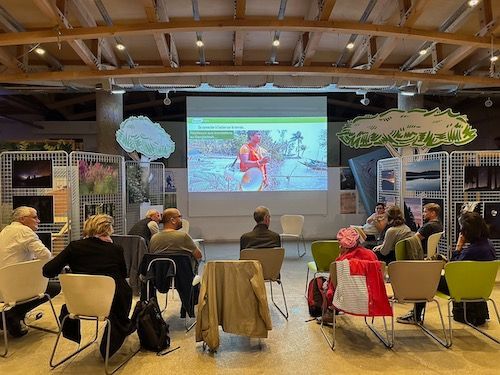
I was delighted to be invited by the Municipality of Bordeaux in France to take part in their resilience week ( la semaine de la résilience ) in mid-October 2023. We held a very interesting in-person round table discussion with citizens about how disasters can be avoided . The municipality of Bordeaux is pursuing some excellent resilience work, which I will be profiling in due course...

I was delighted to be a Presenter on a webinar held on 18 July 2023 led by the United Nations Development Programme (UNDP) in partnership with the United Nations Office of Disaster Risk Reduction (UNDRR), which discussed the question: ‘Can disasters be avoided?’ We reviewed approaches being taken to prevent hazards from turning into disasters, including examples and how innovation is helping countries, cities and communities prevent adverse fallouts from hazard events. You can access the webinar and download all presentations here .
